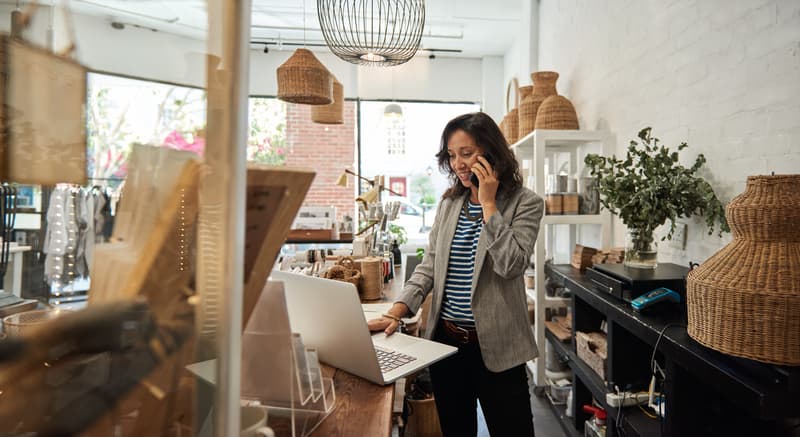
The foreign exchange market is a global marketplace where national currencies can be exchanged. The value of each currency is dependent on demand and circulation, therefore it can vary. Investment banks are usually the ones trading in the forex market. However, with the advent of the Internet, individual investors can also access it and trade a currency against another for personal investment, without having to own a lot of capital. Among the reasons for which market investors use forex is the interest in hedging against international currency and interest rate risk, or for portfolio diversification.
While, during the pandemic, many financial markets were on the brink of collapse, the forex market was doing great – an evident growing interest can be attributed to the fact that most investors are now moving away from traditional stock markets, or even to the fact that quarantine granted people more time to get into trading. Google searches for ‘forex trading’ increased by 42% globally in 2020 compared to 2019, and continued to rise into 2021 as the coronavirus pandemic spurred potential for profit. In fact, forex trading, now more than ever, represents a great opportunity for profit, not only for professional traders but also for anyone looking to take it up as a side hustle. With the work-from-home arrangement, more people have started trading from the comfort of their homes, alongside their full-time jobs.
As the number of people trying their hand at forex trading increased, the number of scams also inevitably grew. Some recent scams involved unauthorised forex traders using flashy social media pages to lure in followers to convince them that they were offering an easy way to make thousands through online trading – an example was Katie Price’s promotion of one of these pages earlier in 2021. New research carried out by experts at Forex Recommend looked at the number of forex scams reported in the last three years. Foreign exchange trading has registered a surprising increase in scams in the past couple of years, especially in the UK, where almost 10,000 cases – 9,748 to be exact – have been reported since 2019. Forex scams have increased by 81% in 2020, and in 2021 the number of scams had already hit 3,654 as of October 7th. It’s clear that interest in forex trading is still on an upwards trajectory and many are equally still falling victim.
With so much money being lost to forex scams, it’s of utmost importance to learn how to recognise a scam and be prepared to avoid falling victim to one. Experts at Forex Recommend have put together some helpful tips to dodge the scams that are coming your way:
First of all, do your research: The more research you can do about a broker, the better. First and foremost check whether a broker is registered with a locally recognised authority – this is the FCA in the UK. Read broker reviews online too to find the best brokers and make sure that others haven’t had negative experiences with a broker in the past.
Remember to always read the fine print: When opening an account with a broker, be sure to read through all of the fine print. Some brokers can try to catch you out by enticing you in with an offer such as bonus funds, but there could be strings and restrictions on these.
Try opening an account with a small balance: If you still have some reservations about using a broker, you could open up an account with a small balance and spend a couple of weeks making smaller trades, before attempting to withdraw your balance, to ensure that nothing suspicious is happening.
Beware of the red flags! There are a couple of signs that should immediately set alarm bells ringing when it comes to forex trading, such as unsolicited offers about investment opportunities, as these are likely to be scams. Likewise, so-called ‘risk-free’ investing or offers that sound too good to be true are probably fraudulent.
This is the link to the full research: https://www.forexrecommend.com/forex-scams/


